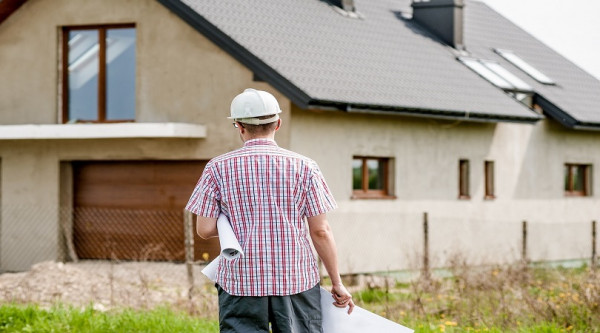Benefits Of Hiring Expert Roof Restoration Services For Your Home

In the era of rapid technological advancements, buildings are becoming smarter than ever. One crucial aspect of smart buildings is integrating and automating HVAC (Heating, Ventilation, and Air Conditioning) systems through innovative HVAC platforms. These platforms are pivotal in optimizing energy efficiency, enhancing occupant comfort, and streamlining building management. This article will explore the significance of HVAC platforms in smart buildings and their integration and automation capabilities.
Efficiency Through Integration
HVAC platforms are central hubs integrating various building systems, including heating, cooling, ventilation, and energy management. Building owners and facility managers gain enhanced control and visibility over their HVAC operations by consolidating these systems into a single platform. The integration enables real-time monitoring, data analysis, and decision-making for efficient energy usage and cost savings. HVAC platforms streamline operations by providing a holistic view of the building's performance and enabling proactive maintenance.
Automation For Optimal Performance
Automation is a key feature of HVAC platforms in smart buildings. These platforms leverage advanced sensors, actuators, and intelligent algorithms to automate HVAC operations based on predefined parameters and real-time conditions. For instance, the HVAC platform can adjust temperature settings, airflow, and ventilation rates based on occupancy patterns, outdoor weather conditions, and time of day. Automation ensures optimal performance, energy savings, and occupant comfort without constant manual intervention.
Data-Driven Insights And Analytics
One of the significant advantages of HVAC platforms is their ability to collect and analyze vast amounts of data from connected devices and sensors within the building. This data-driven approach provides valuable insights into energy consumption patterns, equipment performance, and indoor air quality. By leveraging analytics tools, HVAC platforms can identify inefficiencies, detect anomalies, and generate actionable recommendations for optimization. Facility managers can make data-backed decisions to improve energy efficiency, extend equipment lifespan, and address maintenance needs promptly.
Seamless Integration With IoT And Building Management Systems
HVAC platforms bridge HVAC systems and other smart building components, such as lighting, access control, and security systems. Through seamless integration with the Internet of Things (IoT) devices and protocols, HVAC platforms enable cross-system communication and coordination. This integration allows for a synchronized approach to building management, where different systems work together to achieve energy efficiency, comfort, and safety goals. For example, occupancy sensors can simultaneously trigger HVAC adjustments, lighting control, and security measures.
Remote Monitoring And Control
With HVAC platforms, remote monitoring and control capabilities are significantly enhanced. Building managers can access and control HVAC systems from anywhere through web-based or mobile applications. This flexibility enables proactive monitoring, troubleshooting, and adjustment of HVAC operations without being physically present on-site. Remote control minimizes response times to equipment failures, ensures prompt maintenance, and enables quick adjustments to changing occupancy patterns or weather conditions.
Conclusion
In smart buildings, HVAC platforms are vital in integrating and automating HVAC systems, optimizing energy efficiency, and enhancing occupant comfort. These platforms enable intelligent management of HVAC operations through seamless integration with other building systems, data-driven insights, and automation capabilities. By leveraging advanced technologies like IoT and analytics, HVAC platforms empower building owners and facility managers to make informed decisions for energy savings, equipment maintenance, and occupant well-being. As smart buildings evolve, HVAC platforms will remain at the forefront, revolutionizing how we manage and control our built environment's comfort and energy efficiency.
